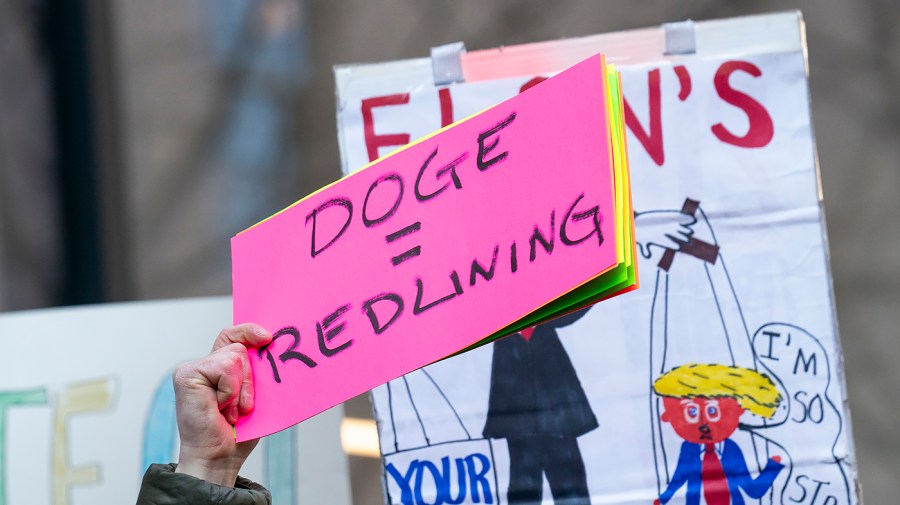DOGE and Musk: The 5 Biggest Controversies So Far
Elon Musk’s Department of Government Efficiency (DOGE) has sparked intense debate since its establishment in early 2025. As the billionaire entrepreneur leads President Trump’s efforts to streamline federal operations, DOGE has become embroiled in several significant controversies. Here are the five most contentious issues surrounding DOGE and Musk’s role in government:
1. Unprecedented Access to Sensitive Government Data
DOGE has gained access to vast amounts of sensitive federal data, including Social Security numbers, bank account information, and tax records. This unprecedented level of access has raised serious privacy and security concerns.
Impact: There are fears that this data could be misused or compromised, potentially affecting millions of Americans.
Why it matters: The handling of sensitive personal information by a private entity within the government structure raises questions about data protection and potential conflicts of interest.
2. Mass Layoffs and Agency Restructuring
DOGE has initiated widespread layoffs across federal agencies, with USAID seeing nearly 7,000 employees placed on leave or fired.
Impact: These cuts have disrupted operations at key government agencies and sparked legal challenges.
Why it matters: The scale and speed of these changes raise concerns about the continuity of essential government services and the long-term impact on federal workforce capacity.
3. Termination of Federal Contracts
Musk’s team has cancelled numerous federal contracts deemed unnecessary or wasteful, including agreements related to technology infrastructure and healthcare programs.
Impact: The cancellations have affected various sectors and raised questions about the actual savings achieved.
Why it matters: The legality and economic impact of these contract terminations are under scrutiny, with some experts questioning DOGE’s claims about cost savings.
4. Potential Conflicts of Interest
Critics have pointed out that Musk’s companies, including SpaceX and Tesla, have received billions in government contracts, raising concerns about potential conflicts of interest in his role at DOGE.
Impact: There are worries that Musk could use his position to benefit his own companies or access competitors’ data.
Why it matters: The blurred lines between Musk’s private business interests and his government role challenge traditional notions of ethical governance.
5. Legal Challenges and Constitutional Questions
DOGE’s activities have sparked numerous lawsuits, including from state attorneys general and labor unions. These legal actions question the constitutionality and legality of DOGE’s sweeping authority.
Impact: The legal challenges have already resulted in some temporary restraining orders against DOGE’s activities.
Why it matters: These cases could set important precedents regarding executive power and the limits of government restructuring efforts.
Background and Context
DOGE was established at the beginning of President Trump’s second term in 2025, with Elon Musk appointed as a “special government employee” to lead the initiative. The stated goal is to increase government efficiency and reduce waste, but critics argue it represents an unprecedented consolidation of power under a private citizen.
Different Perspectives
Supporters of DOGE argue that drastic measures are needed to address government inefficiency and reduce spending. They see Musk’s business acumen as an asset in streamlining federal operations.
Critics, including many Democrats and some Republicans, worry about the lack of oversight, potential abuse of power, and the dismantling of important government functions. They argue that DOGE’s actions may be illegal and unconstitutional.
As DOGE continues its work, the debate over its methods, legality, and impact on American governance is likely to intensify. The outcome of ongoing legal challenges and Congressional oversight efforts will play a crucial role in determining the future of this controversial initiative.









